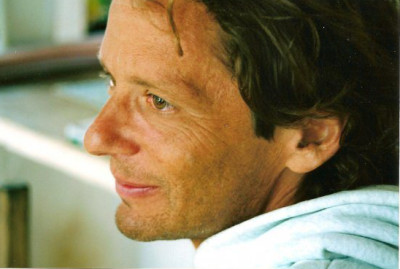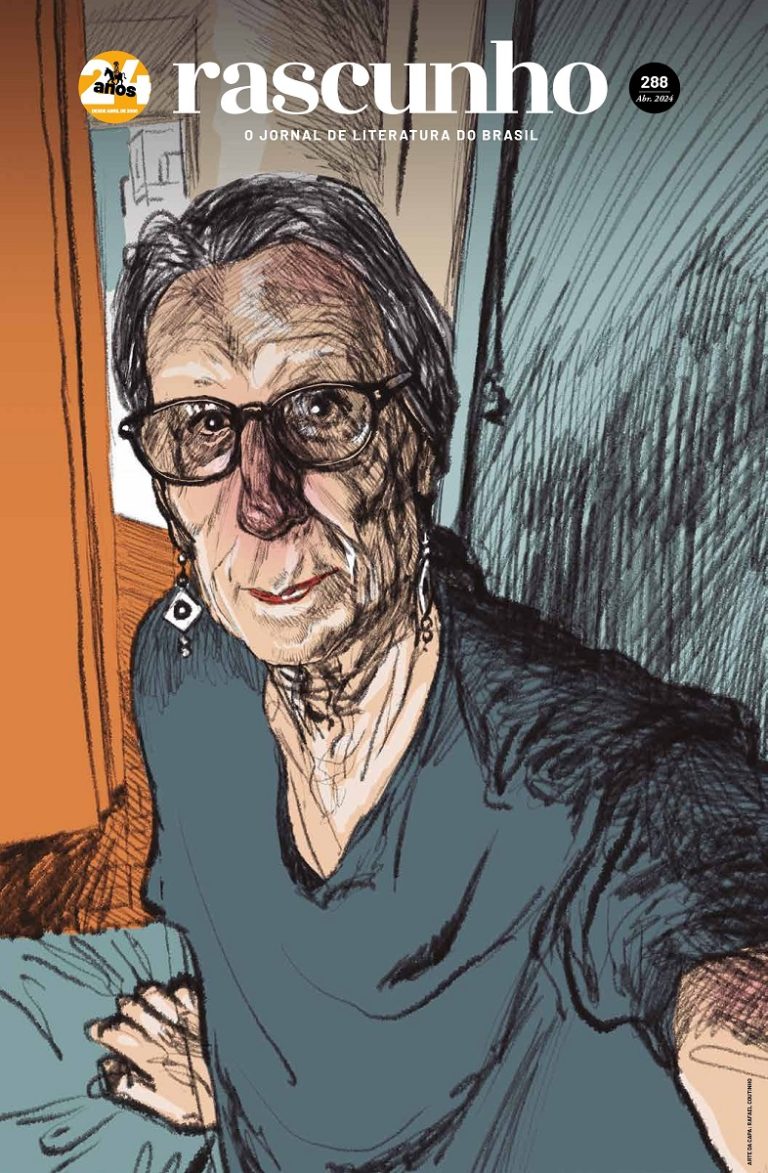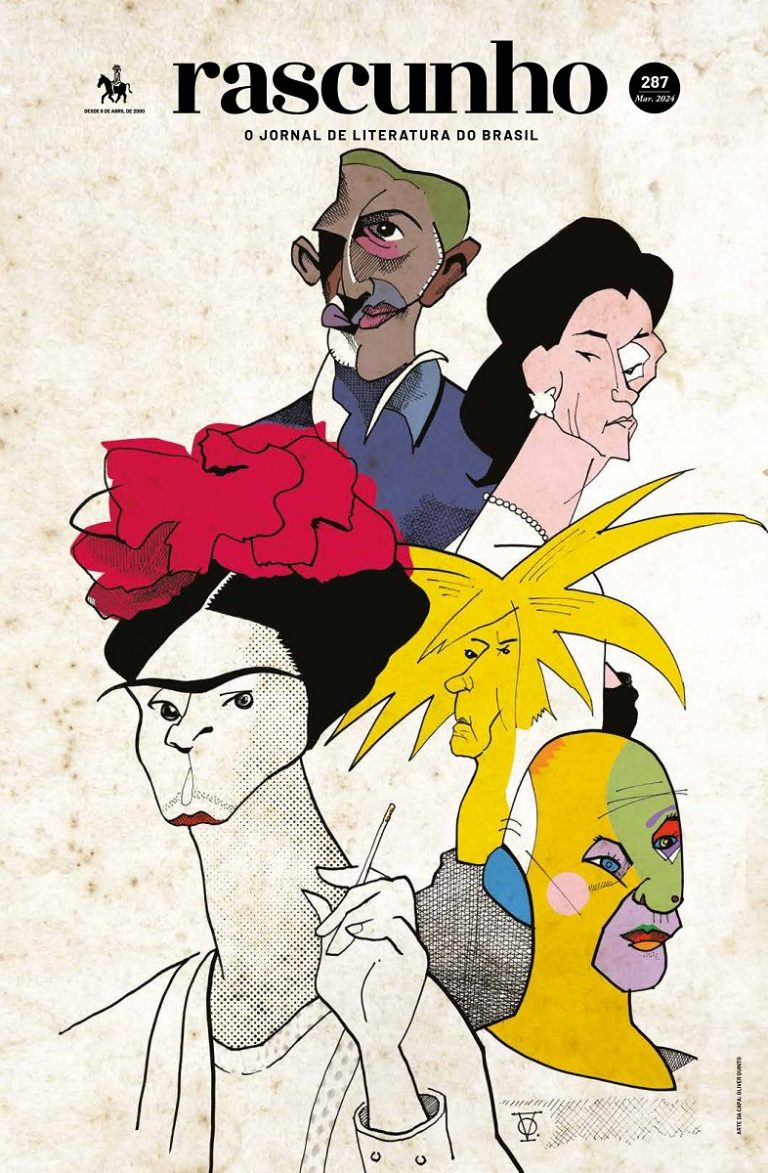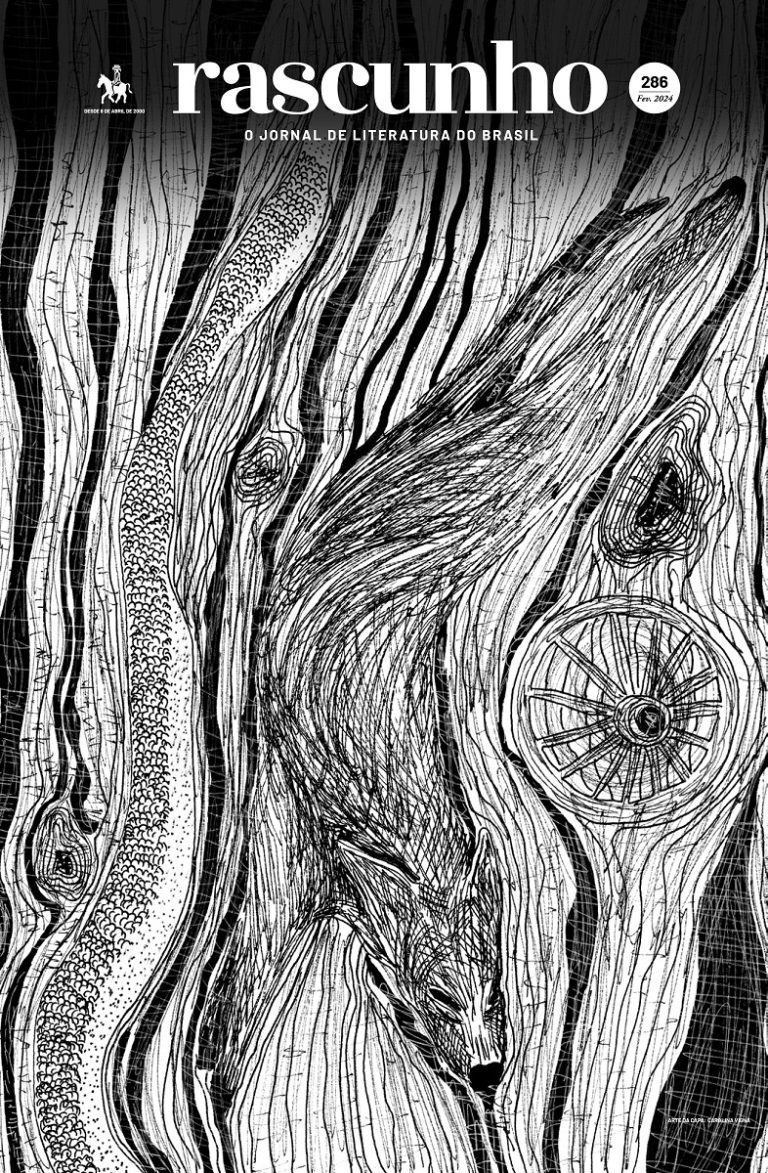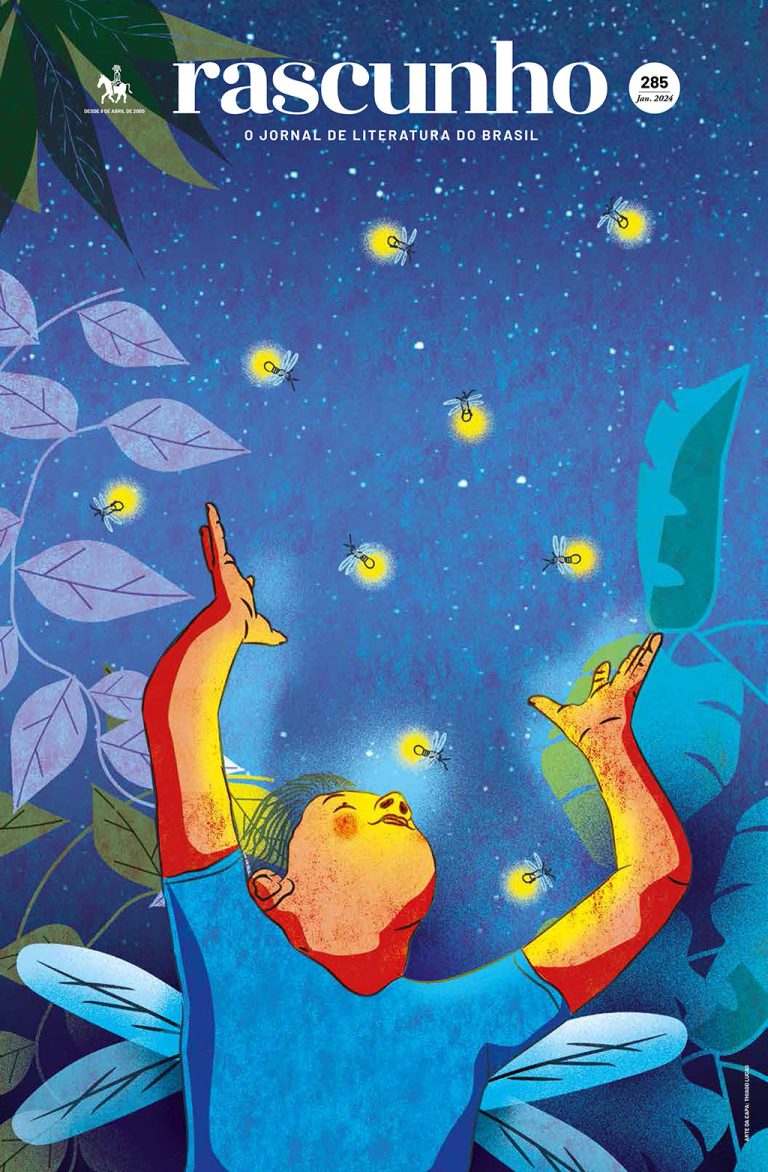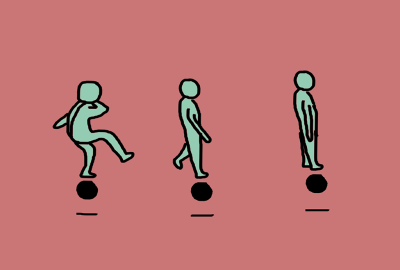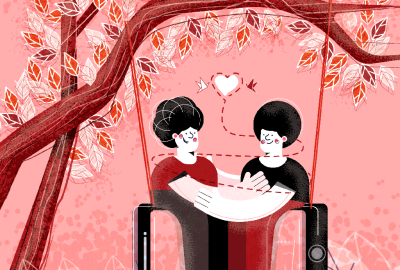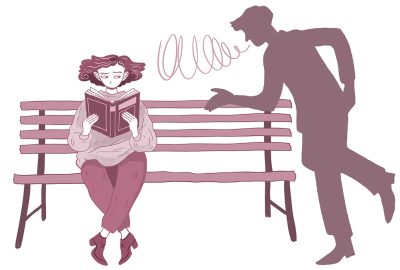Tradução e seleção: André Caramuru Aubert
Hesitate to call
Lived to see you throwing
Me aside. That fought
Like netted fish inside me. Saw you throbbing
In my syrups. Saw you sleep. And lived to see
That all that all flushed down
The refuse. Done?
It lives in me.
You live in me. Malignant.
Love, you ever want me, don’t.
Hesitando em ligar
Vivi para ver você me jogando
Fora. Aquilo pelejou
Como peixe na rede dentro de mim. Vi você pulsando
Em meus melados. Vi você dormir. E vivi para ver
Que tudo tudo foi pelo ralo
A recusa. Feita?
Ela vive em mim.
Você vive em mim. Maligno.
Amor, você sempre me quis, não.
…..
Matins
Unreachable father, when we were first
exiled from heaven, you made
a replica, a place in one sense
different from heaven, being
designed to teach a lesson: otherwise
the same — beauty on either side, beauty
without alternative — Except
we didn’t know what was the lesson. Left alone,
we exhausted each other. Years
of darkness followed; we took turns
working the garden, the first tears
filling our eyes as earth
misted with petals, some
dark red, some flesh colored —
We never thought of you
whom we were learning to worship.
We merely knew it wasn’t human nature to love
only what returns love.
Matinas
Pai inalcançável, quando nós fomos originalmente
expulsos do paraíso, você criou
uma réplica, um lugar de alguma maneira
diferente do paraíso, sendo
planejado para ensinar uma lição: por outro lado
a mesma — beleza em cada lado, beleza
sem alternativas — Exceto que
por não sabermos qual era a lição. Deixados sós,
nós exaurimos uns aos outros. Seguiram-se
anos de trevas; nos revezamos
trabalhando no jardim, as primeiras lágrimas
encheram nossos olhos conforme a Terra
ficou turva com pétalas, algumas
vermelho-escuras, outras cor de carne —
Nós nunca pensamos em você
a quem aprendíamos a venerar.
Nós apenas sabíamos que não é da natureza humana amar
somente aquilo que retribui o amor.
…..
Lamium
This is how you live when you have a cold heart.
As I do: in shadows, trailing over cool rock,
under the great maple trees.
The sun hardly touches me.
Sometimes I see it in early spring, rising very far away.
Then leaves grow over it, completely hiding it. I feel it
glinting through the leaves, erratic,
like someone hitting the side of a glass with a metal spoon.
Living things don’t all require
light in the same degree. Some of us
make our own light: a silver leaf
like a path no one can user, a shallow
lake of silver in the darkness under the great maples.
But you know this already.
You and the others who think
you live for truth and, by extension, love
all that is cold.
Lamium
É assim que você vive quando tem um coração frio.
Como eu: nas sombras, vagando por rochas geladas,
sob os grandes bordos.
O sol mal me toca.
Às vezes eu o vejo no começo da primavera, nascendo muito longe.
Então as folhas se interpõem, escondendo-o por completo. Eu o percebo
cintilando através das folhas, errático,
como alguém que bate na borda de um copo com uma colher de metal.
Nem todas as coisas vivas precisam
de luz na mesma medida. Alguns de nós
criamos nossa própria luz: uma folha prateada
como uma trilha que não é usada, um lago
prateado e raso na escuridão sob os grandes bordos.
Mas você já sabe disso.
Você e os outros que pensam
viver para a verdade e, por extensão, amam
tudo o que é frio.
…..
Vita Nuova
You saved me, you should remember me.
The spring of the year; young men buying tickets for the ferryboats.
Laughter, because the air is full of apple blossoms.
When I woke up, I realized I was capable of the same feeling.
I remember sounds like that from my childhood,
laughter for no cause, simply because the world is beautiful,
something like that.
Lugano. Tables under the apple trees.
Deckhands raising and lowering the colored flags.
And by the lake’s edge, a young man throws his hat into the water;
perhaps his sweetheart has accepted him.
Crucial
sounds or gestures like
a track laid down before the larger themes
and the unused, buried.
Islands in the distance. My mother
holding out a plate of little cakes —
as far as I remember, changed
in no detail, the moment
vivid, intact, having never been
exposed to light, so that I woke elated, at my age
hungry for life, utterly confident —
By the tables, patches of new grass, the pale green
pieced into the dark existing ground.
Surely spring has returned to me, this time
not as a lover but a messenger of death, yet
it is still spring, it is still meant tenderly.
Vita Nova
Você me salvou, deveria se lembrar de mim.
A primavera do ano; rapazes comprando passagens para as balsas.
Gargalhadas, porque o ar está repleto de macieiras floridas.
Quando eu acordei, percebi que era capaz de sentir a mesma coisa.
Eu me lembro de sons assim na minha infância,
gargalhadas sem motivo, simplesmente porque o mundo é belo,
ou algo assim.
Lugano. Mesas sob as macieiras.
Tripulantes subindo e descendo as bandeiras coloridas.
E na beira do lago, um jovem joga o seu chapéu na água;
quem sabe sua amada o tenha aceitado.
Sons ou
gestos decisivos como
um trilho assentado diante dos grandes temas
e não utilizado, sepultado.
Ilhas ao longe. Minha mãe
segurando um prato com bolinhos —
tanto quanto eu me lembro, em nenhum
detalhe diferente, o momento
vívido, intacto, jamais tendo sido
exposto à luz, portanto eu acordei jubilosa, na minha idade
sedenta por vida, absolutamente confiante —
Junto às mesas, pedaços de grama nova, o verde opaco
espalhado pelo escuro solo que havia.
É certo que a primavera voltou para mim, desta vez
não como um amante, mas como uma mensageira da morte, mesmo
que ainda seja primavera, que ainda signifique doçura.
…..
The open grave
My mother made my need.
my father my conscience.
De mortuis nil nisi bonum.
Therefore it will cost me
bitterly to lie,
to prostrate myself
at the edge of a grave.
I say to the earth
be kind to my mother,
now and later.
Save, with your coldness,
the beauty we all envied.
I became an old woman.
I welcomed the dark
I used so to fear.
De mortuis nil nisi bonum.
A sepultura aberta
Minha mãe construiu meu desejo.
Meu pai minha consciência.
De mortuis nil nisi bounum.[1]
Portanto isso vai me custar
amargamente permanecer,
me prostrar
na beira de uma sepultura.
Eu digo à Terra
seja boa para minha mãe,
agora e depois.
Guarde, em sua frieza,
a beleza que todos nós invejamos.
Eu me tornei uma velha.
Eu dei boas-vindas à escuridão
que antes costumava temer.
De mortuis nil nisi bonum.
…..
Portland, 1968
You stand as rocks stand
to which the sea reaches
in transparent waves of longing;
they are marred, finally;
everything fixed is marred.
And the sea triumphs,
like all that is false,
all that is fluent and womanly.
From behind, a lens
opens for your body. Why
should you turn? It doesn’t matter
who the witness is,
from whom you are suffering,
for whom you are standing still.
Portland, 1968
Você fica firme como ficam as rochas
que o mar alcança
em ondas transparentes de desejo;
elas estão arruinadas, finalmente;
tudo o que está preso está arruinado.
E o mar triunfa,
como tudo o que é falso,
tudo o que é fluente e feminino.
De trás, uma lente
se abre para o seu corpo. Por que
você deveria se virar? Não importa
quem é a testemunha,
por causa de quem você está sofrendo,
por quem você fica firme.
…..
Before the storm
Rain tomorrow, but tonight the sky is clear, the stars shine.
Still, the rain’s coming,
maybe enough to drown the seeds.
There’s a wind from the sea pushing the clouds;
before you see them, you feel the wind.
Better look at the fields now,
see how they look before they’re flooded.
A full moon. Yesterday, a sheep escaped into the woods,
and not just any sheep — the ram, the whole future.
If we see him again, we’ll see his bones.
The grass shudders a little; maybe the wind passed through it.
And the new leaves of the olives shudder in the same way.
Mice in the fields. Where the fox hunts,
tomorrow there’ll be blood in the grass.
But the storm — the storm will wash it away.
In one window, there’s a boy sitting.
He’s been sent to bed — too early,
in his opinion. So he sits at the window —
Everything is settled now.
Where you are now is where you’ll sleep, where you’ll wake up in the morning.
The mountain stands like a beacon, to remind the night that the earth exists,
that it mustn’t be forgotten.
Above the sea, the clouds form as the wind rises,
dispersing them, giving them a sense of purpose.
Tomorrow the dawn won’t come.
The sky won’t go back to being the sky of day; it will go on as night,
except the stars will fade and vanish as the storm arrives,
lasting perhaps ten hours altogether.
But the world as it was cannot return.
One by one, the lights of the village houses dim
and the mountain shines in the darkness with reflected light.
No sound. Only cats scuffing in the doorways.
They smell the wind: time to make more cats.
Later, they prowl the streets, but the smell of the wind stalks them.
It’s the same in the fields, confused by the smell of blood,
though for now only the wind rises; stars turn the field silver.
This far from the sea and still we know these signs.
The night is an open book.
But the world beyond the night remains a mystery.
Antes da tempestade
Chuva amanhã, mas hoje à noite o céu está claro, as estrelas brilham.
Ainda assim, a chuva está chegando,
talvez o bastante para submergir as sementes.
Tem um vento do mar empurrando as nuvens;
antes que você as veja, você sente o vento.
Melhor dar uma olhada nos campos,
ver como eles são antes que alaguem.
Uma lua cheia. Ontem, uma ovelha fugiu para a floresta,
e não uma ovelha qualquer — o reprodutor, todo o futuro.
Se nós voltarmos a vê-lo, veremos seus ossos.
O capim se agita de leve; talvez o vento tenha passado por ele.
E as novas folhas das oliveiras se agitam da mesma maneira.
Camundongos nos campos. Onde as raposas caçam,
amanhã haverá sangue no capim.
Mas a tempestade — a tempestade lavará tudo.
Em uma das janelas está um menino, sentado.
Mandaram-no para a cama — cedo demais,
em sua opinião. Então ele se senta na janela —
Está tudo em ordem agora.
Onde você está agora é onde você irá dormir, onde acordará de manhã.
As montanhas firmes como um farol, para lembrar a noite de que a Terra existe,
que ela não deve ser esquecida.
Sobre o mar, as nuvens se formam conforme o vento aperta,
dispersando-as, dando a elas um propósito.
Amanhã a aurora não virá.
O céu não voltará a ser o céu de hoje; ele prosseguirá como a noite,
exceto pelas estrelas que vão se dissolver e sumir quando a tempestade chegar,
durando quem sabe umas dez horas.
Mas o mundo como ele era não vai voltar.
Uma a uma, as luzes das casas da cidade se apagam
e as montanhas brilham na escuridão refletindo luz.
Nenhum som. Apenas gatos se enroscando na entrada.
Eles farejam o vento: tempo de fazer mais gatos.
Mais tarde, eles vagarão pelas ruas, mas o cheiro do vento os espreita.
É o mesmo nos campos, atrapalhados pelo cheiro de sangue,
ainda que por ora apenas o vento desperte; estrelas deixam o campo prateado.
Estamos longe do mar e mesmo assim reconhecemos os sinais.
A noite é um livro aberto.
Mas o mundo para além da noite permanece um mistério.
…..
First snow
Like a child, the earth’s going to sleep,
or so the story goes.
But I’m not tired, it says.
And the mother says, You may not be tired but I’m tired —
You can see it in her face, everyone can.
So the snow has to fall, sleep has to come.
Because the mother’s sick to death of her life
and needs silence.
Primeira neve
Como uma criança, a Terra está indo dormir,
é pelo menos o que diz a história.
Mas eu não estou cansada, ela diz.
E a mãe responde: Você pode não estar cansada, mas eu estou —
Você pode notar isso em seu rosto, qualquer um pode.
Pois a neve tem que cair, e o sono tem que vir.
Porque a mãe está mortalmente cansada da vida
e precisa de silêncio.
…..
The Chicago train
Across from me the whole ride
Hardly stirred: just Mister with his barren
Skull across the arm-rest while the kid
Got his head between his mama’s legs and slept. The poison
That replaces air took over.
And they sat — as though paralysis preceding death
Had nailed them there. The track bent south.
I saw her pulsing crotch… the lice rooted in that baby’s hair.
O trem de Chicago
Ao meu lado por toda a viagem
Mal se movendo: apenas um Senhor com sua caveira
Entediada do lado de lá do apoio de braço enquanto o garoto
Apoiou a cabeça entre as pernas de sua mãe e dormiu. O veneno
Que substitui o ar tomou conta.
E eles se sentaram — como se a paralisia que precede a morte
Houvesse os pregado ali. Os trilhos se viraram para o sul.
Eu vi sua virilha pulsando… os piolhos agarrados ao cabelo do bebê.
[1] Dos mortos só falemos bem



